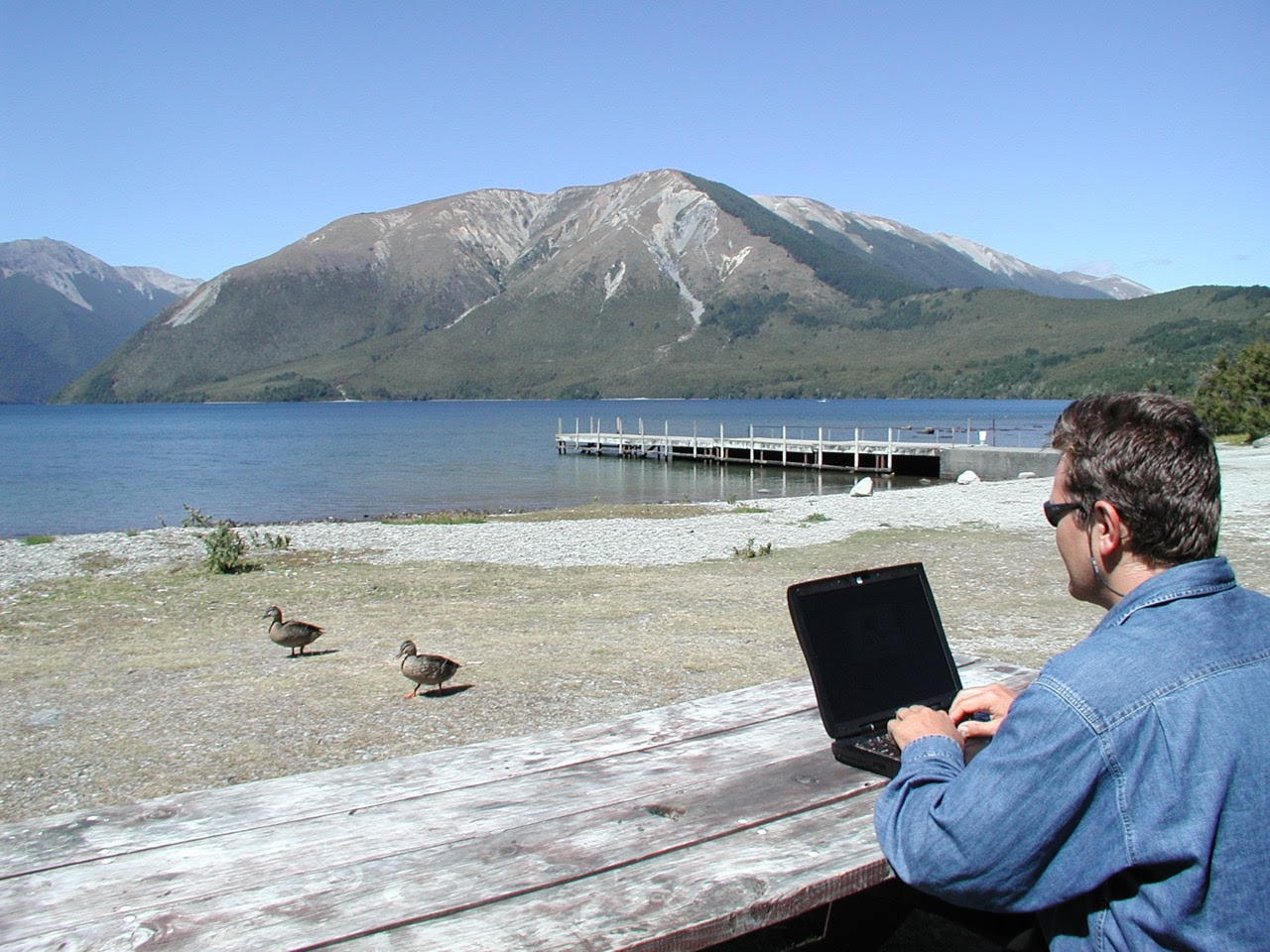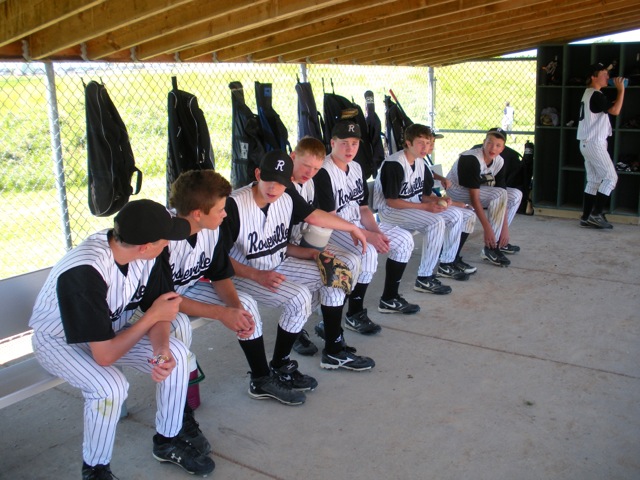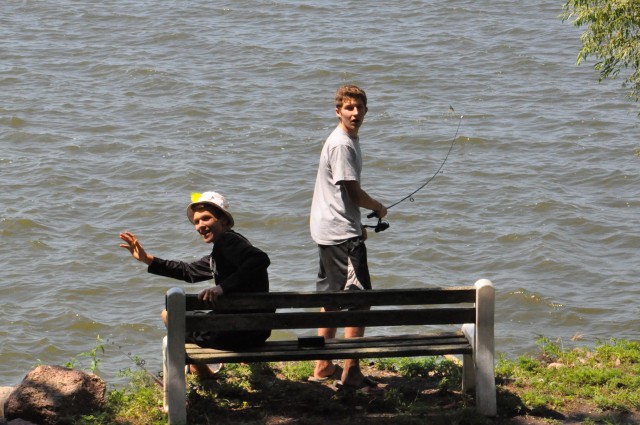Digital Nomads See the World & Get Paid
 Join the digital nomads and me as we conquer the world!
Join the digital nomads and me as we conquer the world!
Who needs a self-funded career break or paid sabbatical? We all do! But who goes global and gets paid? Digital nomads—who need only a laptop, a tech-savvy skill, and some seed money to get off the ground and land…most anywhere!
Local journalist Kevyn Burger penned yet another fascinating story for the Star Tribune. If you’re stuck, but your dreams aren’t, read it and reap. Meantime, my highlights…
- Life may cost less “over there”
Alicia and John Gregoire have been working all over and report that the dollar may stretch much further abroad than at home. I can echo that—with rich memories that include buying wine in Italy for $40 that was fetching $255 here and dwelling in a posh beach house in New Zealand for $80 a day.
- You may already have (FB) friends all over
The article quotes Lisa Walden of local generation-dynamics consultancy, Bridgeworks: “Today’s worker is more likely to have grown up with friends from different cultures.” She mentions SM, studying abroad, and evermore everyday networking opportunities as tools for the takeoff.
In my experience—some of which was before SM uber-connectivity—people were not only eager to host and help, but also willing to refer travelers to their own friends and family. Thanks to such “travel angels” I have stayed on a sailboat near Oslo, in a marble-clad villa in Tuscany, and in a mansion in Munich.
- Do your fiscal fitness regimen
That fiscal fitness link offers my 2c on funding a BreakAway. But for digital nomads, financial complexities may include how to structure your business, currency complications, and The Taxman (here, there, and everywhere). Need help? Travelpreneur Cliff Highman runs Digital Nomad Accounting. Nice niche!
- Backpacking and hostel territory optional
Let’s be real: Some of us have graduated from carrying life on your back, stealing food from buffets, and bunking up in crowded dorms. No sweat, say nomads Jeff and Amanda Sauer, whose “hobby” is seeking discounts, affordable destinations, and the miles-and-points game. Forget Paris! I once enjoyed a week at the Ritz Carlton suite in Malaysia for $55/night—with world-class food omnipresent and dirt cheap.
- Yes, you can bring the family
My vagabonding now goes back decades and has been alone, with a partner, with a wife and kid, and with a wife and two kids. It’s all good—even pulling them out of school. (Is there a better education than seeing the world?) But the best part is watching my kids grow up world-wise, craving adventure, and creating their own travelog.
In my research, the #1, #2, and #3 reasons that people don’t do long term travel are money, money, money. Yes, it makes the world go around. But now, you can become a digital nomad and go around the world—on the earn-as-you-go plan.
The world is ready. Maybe you are too? Bon voyage!





 The holiday season comes loaded with lots of stuff. Literally, metaphorically, and beyond. When a WashPost article about the
The holiday season comes loaded with lots of stuff. Literally, metaphorically, and beyond. When a WashPost article about the  My parents may kill me, but they haven’t yet. Nor will your rellies. Regardless of your rituals, why not reinvent the holiday season every year? There are as many ways to spend these days as people to spend them. Somewhere old, somewhere new. Something borrowed, something blue.
My parents may kill me, but they haven’t yet. Nor will your rellies. Regardless of your rituals, why not reinvent the holiday season every year? There are as many ways to spend these days as people to spend them. Somewhere old, somewhere new. Something borrowed, something blue. 55 gifts (per person)
55 gifts (per person) There’s a time for all the above, and endless ways to celebrate, commiserate, and meditate. Did I ever tell you about the ONLY time I saw my elderly Grandpa have a drink? (And we were close.) On a Christmas Eve. In a dive bar. No, a real dive bar. Blackberry brandy somebody insisted he sip. He resisted, then took a taste. And his words were, “Hey, that’s pretty good!”
There’s a time for all the above, and endless ways to celebrate, commiserate, and meditate. Did I ever tell you about the ONLY time I saw my elderly Grandpa have a drink? (And we were close.) On a Christmas Eve. In a dive bar. No, a real dive bar. Blackberry brandy somebody insisted he sip. He resisted, then took a taste. And his words were, “Hey, that’s pretty good!”





























